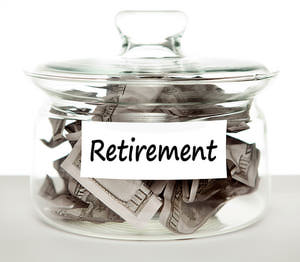Financial Advisor Tips: The Risks Of Variable Annuities
 Not all annuities are the same
Not all annuities are the same
One of the safe retirement investment options currently on the market are annuities. It might surprise you as these have a reputation as unsafe financial products. Anyway, the truth is that there is very much confusion about annuities.
Such investment vehicles are not all the same. Except variable annuities, there are other similar options which are much safer, like fixed annuities. However, as some condemn all annuities, others tend to present the variable type as the one which can generate the higher gains.
Misleading information and an improper knowledge about these products is what leads people to choose variable annuities for their retirement plans. One the one hand, it is true that this option allows you to get high returns, but this opportunity is to set against some factors that can compromise your retirement income.
What are variable annuities?
Variable annuities are a security and consist in a mutual fund subaccount which includes fees that can reach 7%. These include extra fees that not every investment option has and can be therefore avoided. Variable annuities, in fact, are insured by an insurance company that normally charges management expenses along with other fees.
As the name suggests, the gains generated by this type of financial product can considerably vary as they are highly influenced by the market performance. It means that if you invest an amount of money today, an economical downturn can produce a negative return causing you to lose part or all of your money. That considered, variable annuities are definitely not the best way to ensure a fruitful retirement.
What makes variable annuities risky?
The worst thing about annuities are the many fees you’ll need to pay and that not every financial advisor will tell you about. When planning your retirement you most probably consider important to ensure a safe, steady income. One of the most important things to avoid is unnecessary fees.
In the case of variable annuities, up to 2% of the fees consist in management fees, which are due to the peculiar way this investment option is managed. To these, you have to add up expense fees that, like management costs, you will need to pay to the insurance company that manage your account even in case it crashes.
From this point of view, variable annuities differ considerably from other accounts that only include fees related to your contributions payment or money withdrawals. As experts say, the many fees included in a variable annuity can seriously compromise your gains as you might end up losing money even if your investments do well.
Federica writes for First Senior Financial Group, providing investment education to people at or near retirement with a team of Philadelphia retirement financial advisors.
















